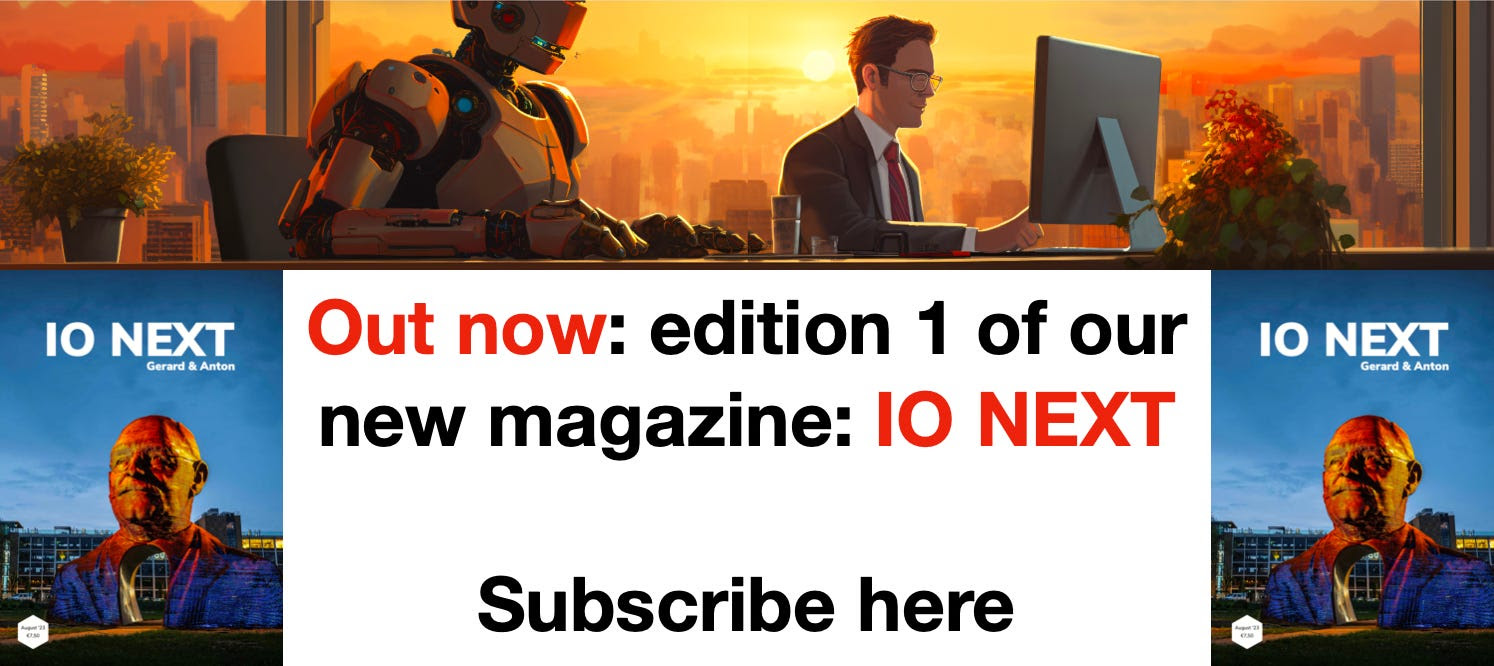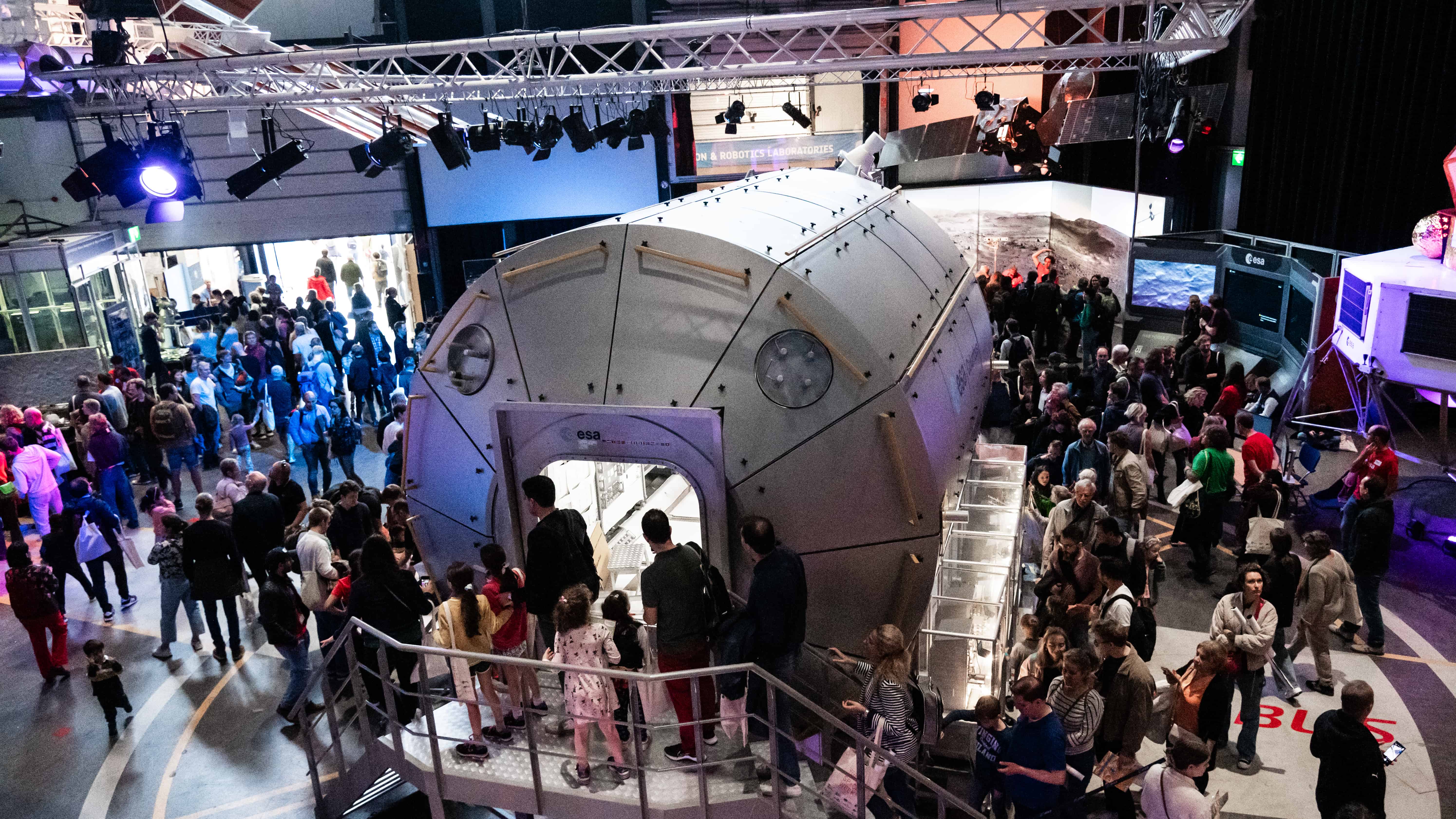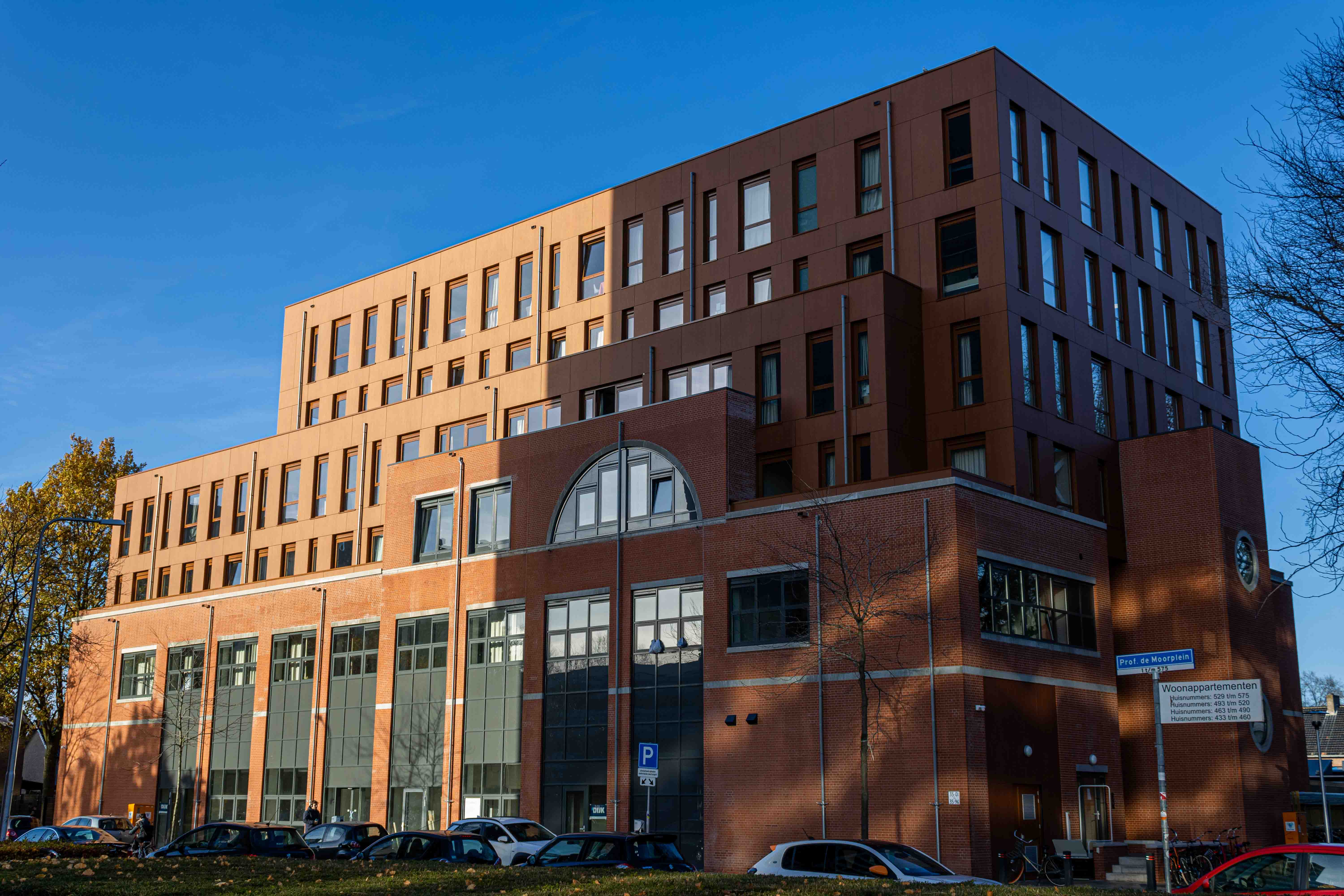
In our Sunday newsletter, we, as editors, reflect on the past seven days. We do this on the initiative of our cartoonist Albert Jan Rasker. He chooses a subject, draws a picture, and we take it from there.
Who could have thought that the country that more or less designed modern global trade in de 17th century, would become a supporter of limiting the influx of foreign students and closing its doors for the export of high-tech goods to certain countries? Yes, we’re speaking about the Netherlands. At Innovation Origins, we are fervent supporters of open innovation, because – thanks to the more than 22,000 articles we published – we can see what it can bring to the world.
No urgent challenge can be solved without the help of someone (researcher, entrepreneur, venture capitalist, etc.) from outside your country. And indeed, this goes for every country in the world, even the most isolated ones. The truth is that, especially for small countries, openness correlates with the level of innovation.
That’s why we were so pleased with Peter Wennink’s warnings about the impact of migration restrictions and isolating China. Attracting more knowledge migrants and maintaining good economic relations with countries such as China is crucial for the future economic growth of the Netherlands. And Belgium. And Germany. And France. And the United Kingdom. And the United States.
So thank you, Albert Jan Rasker, for drawing the main message of this story in such a clear way. Let’s try not to make the mistake of letting our short-sighted emotions get in the way of a policy that’s not only helping ourselves but also all these countries we are exchanging ideas, research results, and business with.
(We said it before: the export ban on ASML is shortsighted, hypocritical, and counterproductive. And if somebody needs any more proof of this claim, just read this story on the steps China is taking in chip technology. Or this one.)
Here’s what else caught our eyes this week:
FononTech: Impulse Printing to break the limits of microelectronics
GrAI Matter Labs creates Life-ready AI: artificial, still human
Tackling food waste with AI and a smart scale
Neople, Your virtual colleague
Exploring decentralized, local solutions to electricity network overloads is worth the effort
Tibo Energy wants a future without grid congestion
Project aims to ensure offshore renewable innovations remain cyber-secure
Signicat empowers digital identity revolution in Europe with Italy’s e-ID system
A big leap in solar power: The bio-inspired photovoltaic leaf shows greater efficiency
“There are enough raw materials to build all the batteries we need.”
Oh, and we have a new biweekly column by Elcke Vels: In “What the world would be like, if…“, she explores intriguing scenarios that deviate from the status quo. Read episode one here.
And here you can find the rest of the articles we wrote last week. Have a nice, sunny week!








